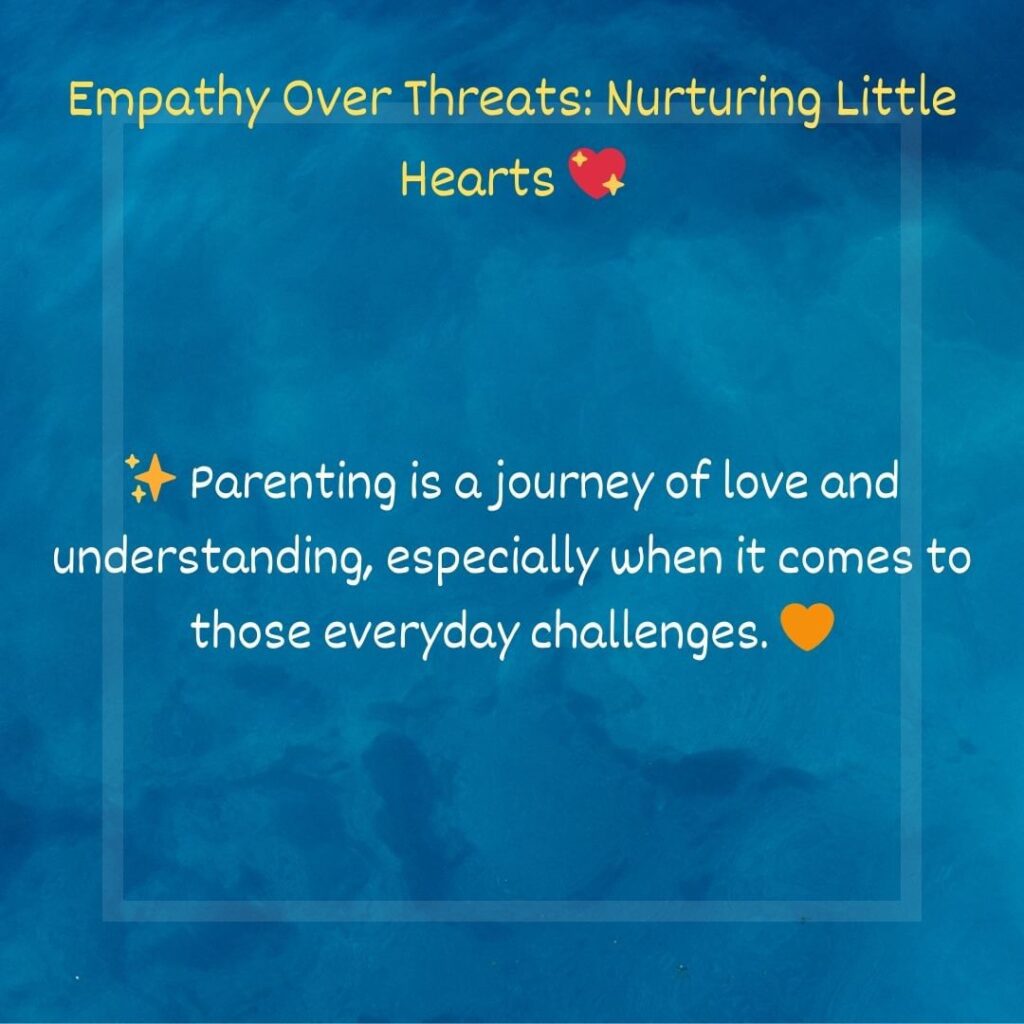All about nurturing little ones: Parenting is a rewarding yet challenging journey, and one common hurdle many parents face is convincing their little ones to fulfill basic needs, such as using the restroom. In a recent encounter at a party, I witnessed a two-year-old boy resisting the call of nature, leading to a stressful situation for both the child and the parents. It’s essential to explore alternative approaches that emphasize love, care, and patience over harsh words and threats.
Dynamics on “Nurturing Little Ones”:
The Common Problem:
Parents often find themselves resorting to stern words or threats when their children resist activities like using the restroom. In the scenario described, the child’s mother resorted to telling him that people would stop talking to him if he didn’t comply, creating anxiety and resistance in the little one.
Research shows that such harsh words and threats can have a lasting negative impact on a child’s developing mind, instilling fear, anxiety, and a sense of helplessness, hindering their emotional growth. For further insights into the impact of rewards and bribes on child psychology, you may find this article insightful: The Impact of Rewards and Bribes: Psychology“
The Impact of Harsh Words:
Using harsh words and threats can leave a lasting negative impact on a child’s developing mind. It may instill fear, anxiety, and a sense of helplessness, hindering their emotional growth. Instead of fostering a positive and open relationship with parents, such methods may lead to a breakdown in communication.
A Gentle Approach:
Children, especially toddlers, respond well to a gentle and understanding approach. Instead of resorting to threats, consider the following strategies:
- Empathy and Understanding: Begin by empathizing with the child’s feelings and understanding their perspective. Acknowledge their emotions and fears without judgment.
- Use Positive Reinforcement: Encourage positive behavior by using rewards or praise. In the scenario described, the focus could shift from negative consequences to positive outcomes, such as a small reward for using the restroom.
- Educate with Care: Explain the importance of certain actions, such as using the restroom, in a way that is age-appropriate and easy for the child to understand. Avoid using fear tactics and instead focus on the benefits of the behavior.
- Be Patient: Children may take time to adapt to new routines or activities. Exercise patience and provide gentle encouragement, allowing them to feel comfortable with the change at their own pace.
- Lead by Example: Children often learn by observing. Demonstrate the desired behavior yourself, making it a positive and shared experience rather than a forced obligation.
Nurturing Little Ones: Cultivating a Positive Parent-Child Relationship Through Gentle Guidance
Parenting is a delicate balance of guiding and nurturing. By adopting a gentle approach and avoiding harsh words or threats, parents can create a positive and loving environment that fosters healthy emotional development in their children. It’s crucial to remember that every child is unique, and patience, understanding, and compassion are key elements in building a strong parent-child relationship that lasts a lifetime.
Do Follow for More Tips and Inspiration:
- Instagram: Follow us on Instagram
- Pinterest: Follow our Pinterest profile
FAQs regarding “Nurturing Little Ones”
- Why do parents often resort to stern words or threats when their children resist basic activities like using the restroom?
- What negative impact can harsh words and threats have on a child’s emotional development?
- How do toddlers typically respond to a gentle and understanding approach compared to harsh discipline?
- What strategies can parents use to encourage positive behavior in their children without resorting to threats?
- Why is it important for parents to lead by example when guiding their children’s behavior?
- How can parents effectively communicate the importance of certain actions, such as using the restroom, to their children?
- What role does empathy and understanding play in nurturing a positive parent-child relationship?
- How can parents exercise patience and provide gentle encouragement when helping their children adapt to new routines or activities?
- What are some potential consequences of using fear tactics instead of positive reinforcement when disciplining children?
- How can parents ensure that their approach to parenting fosters healthy emotional development and strengthens the bond between parent and child?
For US Entertaintment updates keep watching : https://entertaintment.intellectualquests.com/
